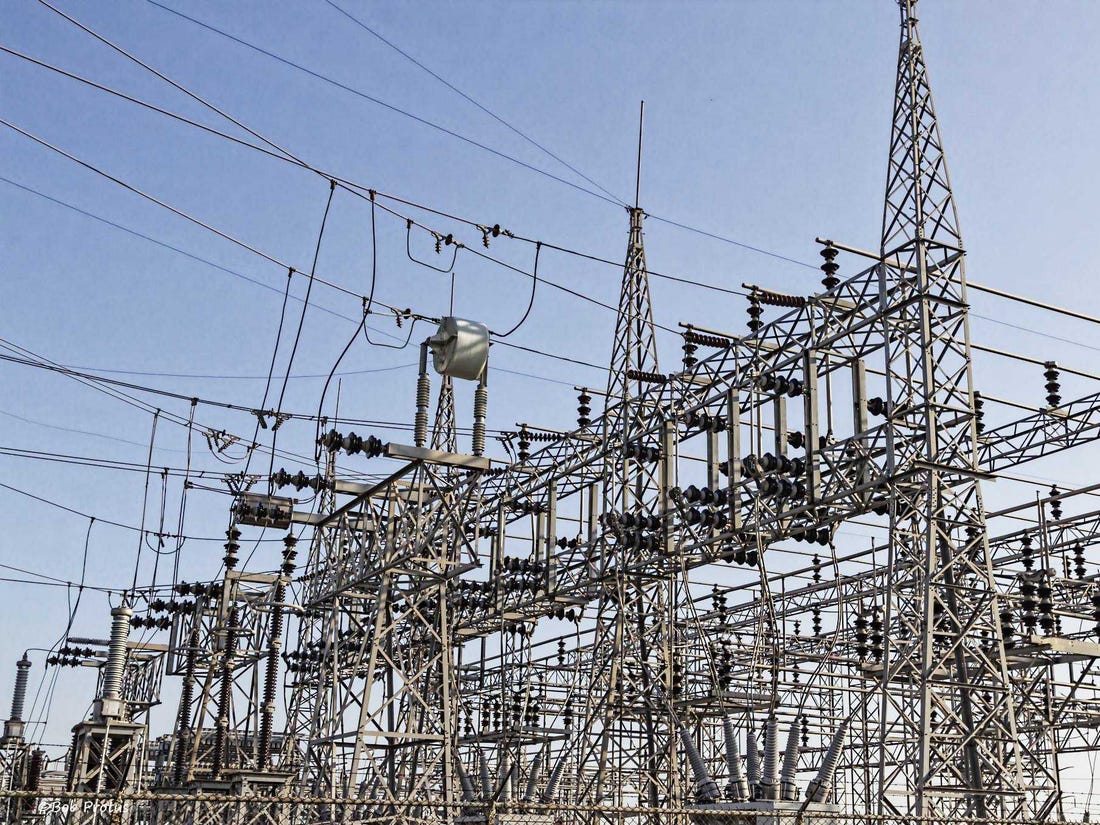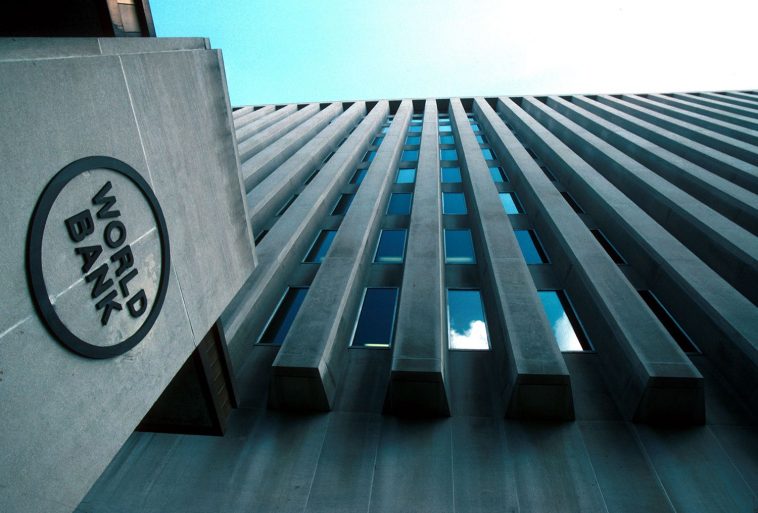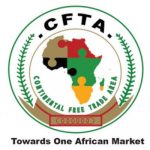Nigeria and 18 other African countries would benefit from World Bank’s $22.5 million additional financing for the Regional Off-Grid Electricity Access Project (ROGEAP) in Western and Central Africa.
The World Bank announced this in a statement issued on Friday in Washington D.C., adding that its board of executive directors had approved the additional financing.
It said the additional financing was in the form of grants from the International Development Association (IDA) and the Clean Technology Fund (CTF).
According to the statement, the project’s geographic scope would cover Nigeria and 18 other countries in Western and Central Africa, 15 of which were members of the Economic Community of West African States (ECOWAS).
The countries included Benin, Burkina Faso, Cabo Verde, Côte d’Ivoire, Gambia, Ghana, Guinea, Guinea-Bissau, Liberia, Mali, Niger, Nigeria, Senegal, Sierra Leone, and Togo.

Others are Cameroon, Central African Republic, Chad and Mauritania.
According to the statement, the project is to support the development of the market for stand-alone solar products in Western and Central Africa, including a dedicated effort for the Sahel countries.
It noted that it complemented the 150 million dollars of IDA and 67.2 million dollars CTF approved by the board in April 2019 for the project.
“The project will support activities to accelerate the deployment of stand-alone solar products, in a sub-region where 50 per cent of the population does not have access to electricity and where less than three per cent of the population uses such innovative technologies.
“It seeks to harmonise policies and standards and business procedures to develop a regional market of stand-alone solar products, support entrepreneurs in business acceleration activities and provide credits and grants for the deployment of stand-alone solar home systems,” it said.
The statement further said the project was expected to contribute to human capital development by electrifying public health centers and schools, which were needed to improve health and education outcomes.
It also said the project would support job creation.
“For instance, it will apply in farming communities which can use solar water pumps for irrigation, solar milling equipment for product transformation and solar refrigerators to bring products to market.
“The project will support the small and innovative business enterprises through solar home systems and will make an impact in economic recovery, following the coronavirus pandemic.”






